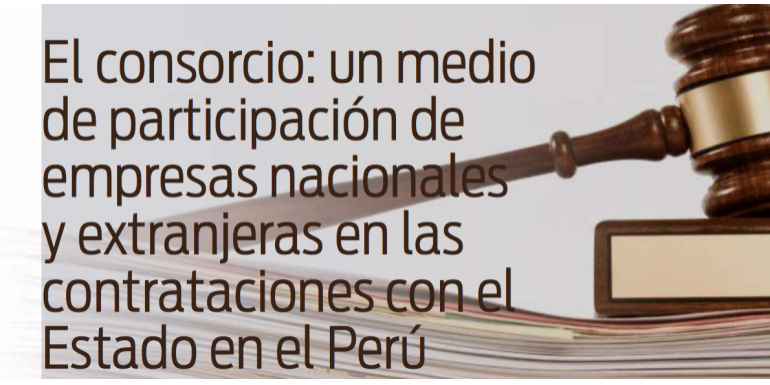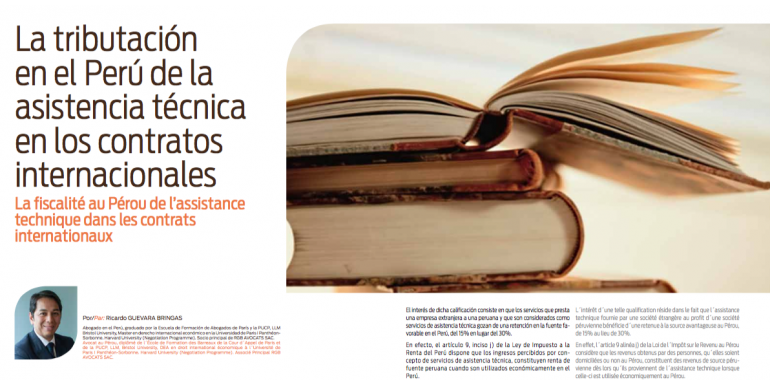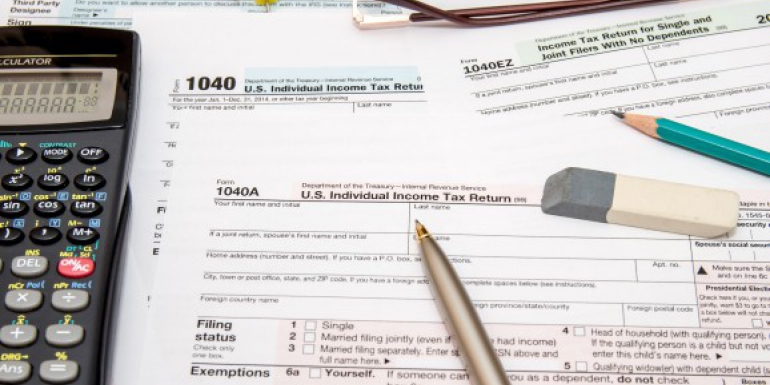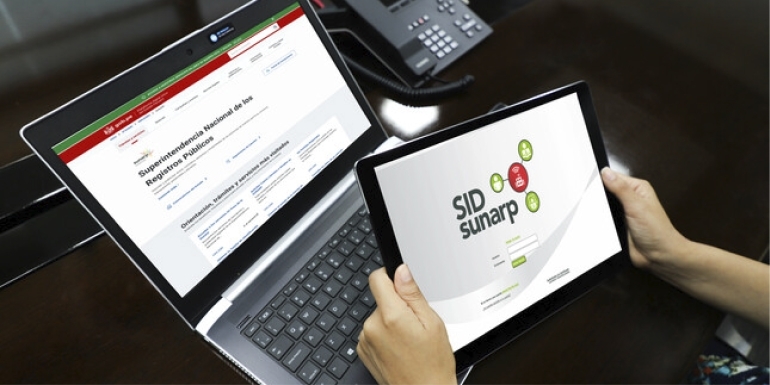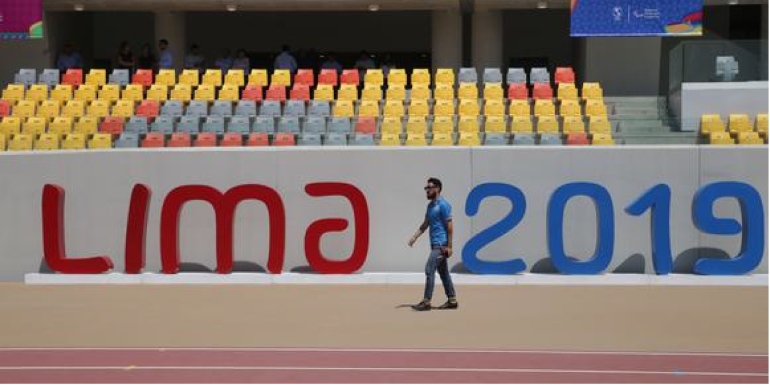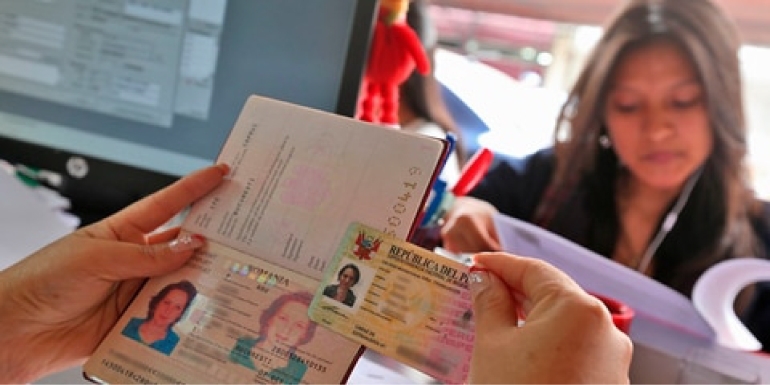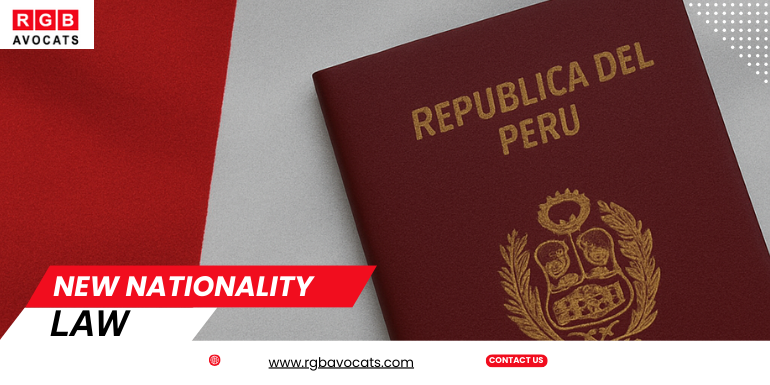One of the most frequent qualms among foreigners living in Peru is the applicable laws concerning the rental of property. Whether in regard to the term of notice landlords must give you before evicting you from their property or how to deal with tenants who default on their rent, readers should be careful when negotiating a lease contract. In this article we will provide you with an overview of applicable laws in regard to this topic:
The Term
Peruvian law establishes a maximum term of 10 years for all lease contracts. Any contract establishing a longer term will be considered to have the maximum legal term of 10 years.
In regard to contracts which have expired, it should be noted that when the parties continue to act as if a contract were in force this does not imply a renewal of the contract. Peruvian law merely considers this indeterminate contract to continue under the same terms as the expired contract, until the landlord requests the tenant to return the property. The landlord must give notice of at least 30 days of the resolution of the contract, and ask for the tenant to return the property.
Incidentally, these rules apply to either party when they wish to resolve a lease contract before the expiry of its term: the resolving party must give prior notice of no less than 30 days. It’s worth mentioning that neither party will incur in penalties upon resolution, unless agreed otherwise in the contract, which is common in case the tenant leaves before the term.
Property Improvements by the Tenant
Peruvian law establishes that the landlord will have to reimburse the tenant for all necessary and useful improvements he or she makes upon the property during the term of the lease. The law defines necessary improvements as “any improvement whose purpose is to prevent the destruction or deterioration of the property”, whereas useful improvements are “improvements which, despite not being necessary, increase the value and rent of the property”.
Keep in mind that the term for a tenant to claim the reimbursement of the necessary and useful improvements expires 2 months after having returned the property.
Notwithstanding the aforementioned, it happens very often that the contracts stipulates that the landlord shall keep any improvement with no obligation of reimbursement be in charge of the tenant.
Eviction
Applicable law establishes that a landlord can evict a tenant once the lease contract has been resolved. The resolution can take place whether by:
- Expiry of the contract’s term,
- Lack of payment,
- Sub-leasing of the property,
- Default of any of the agreed-upon terms,
- Use of the property for different purposes than the agreed-upon terms, or
- Agreement of the parties
Generally, eviction lawsuits can drag on for months in Peruvian courts. However, a new regime allowing for an “express eviction” was recently adopted in the country under Legislative Decree N° 1177.
Under this regime the landlord can evict the tenant by means of a Unique Procedure of Eviction, by suing him with a Literate Justice of the Peace. The judge will give the tenant up to 5 business days to leave the property or prove the contract is still in effect. If the tenant fails to do either he will be evicted within 3 business days.
In order to claim the benefits of this regime the parties must fill a Form of Property Lease Destined for Housing (“FUA – Formulario Único de Arrendamiento de inmueble destinado a vivienda”), which will then have to be certified by a notary alongside the lease contract.
Taxes
Finally, individuals who do not lease property as part of a business should keep in mind that all revenue derived from lease contracts is considered as rent of the First Category in Peru (renta de primera categoría). As such, the tax rate is 5%.
Consequently, the landlord must log in with SUNAT’s webpage and fill out Form N° 1683, in order to declare such rent. Afterward, he will have to print out the filled out form and give the original to the tenant so that he may deduct the cost of rent from his income tax.
Disclaimer: The information on this page is provided for general informational purposes only, and may not reflect the current law in Peru. It is not intended to be a substitute for legal counsel on any subject matter.






